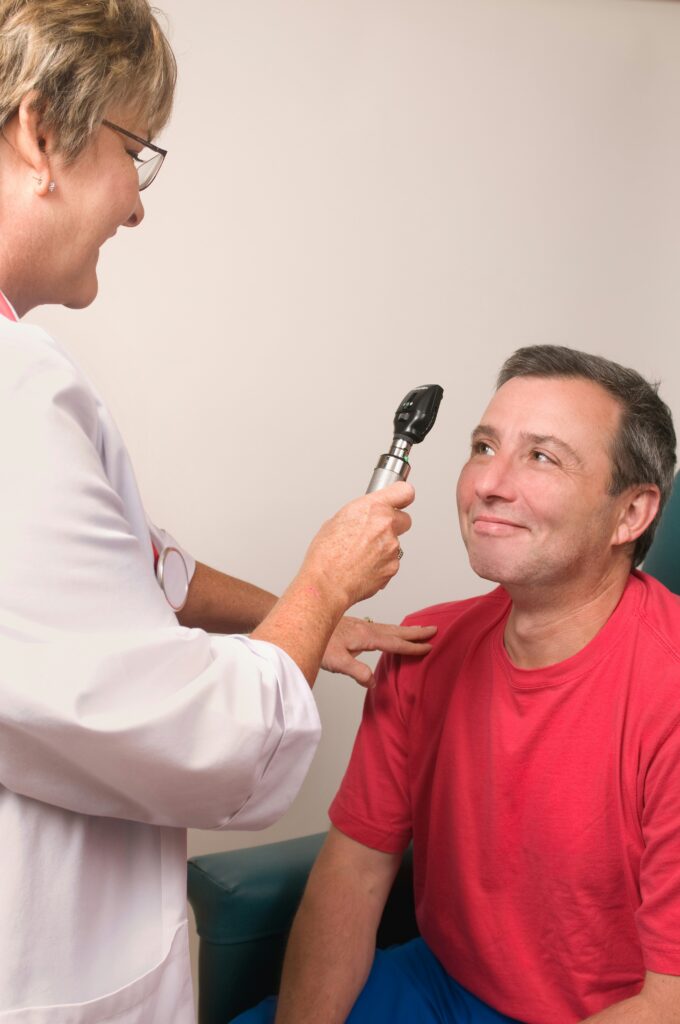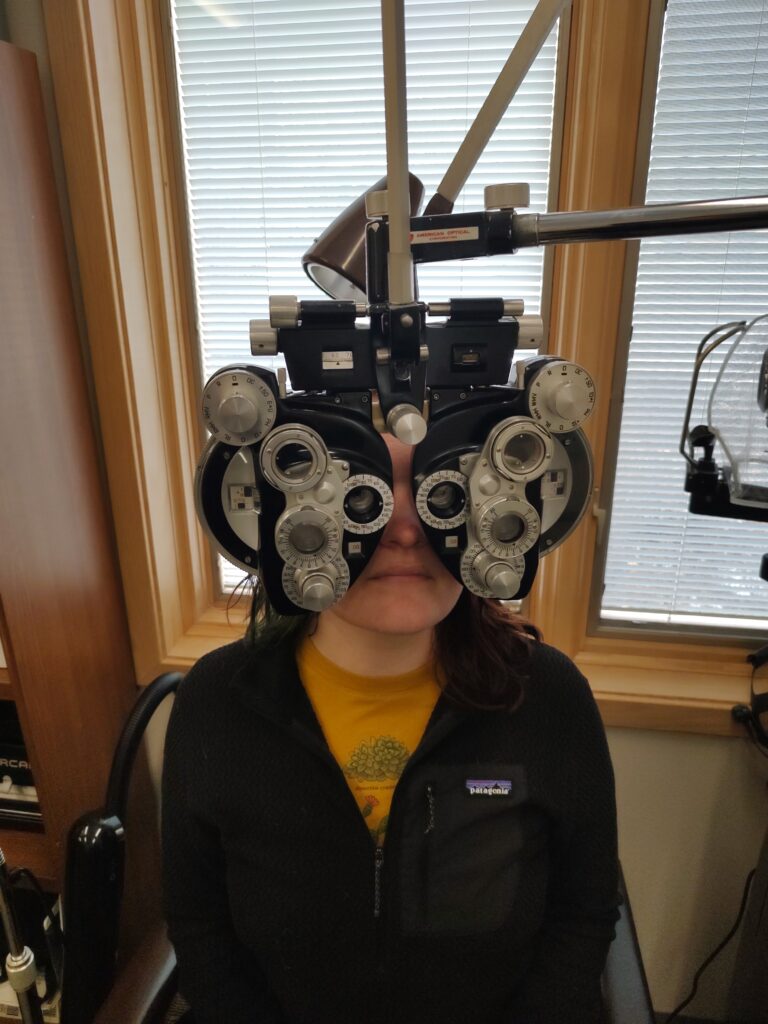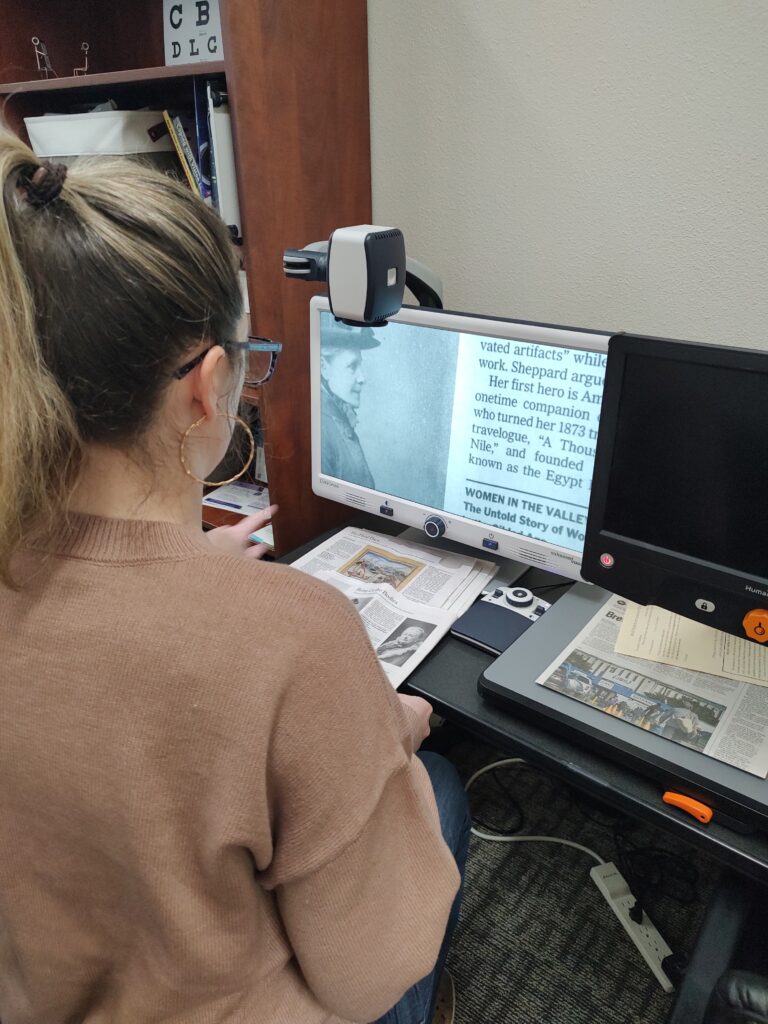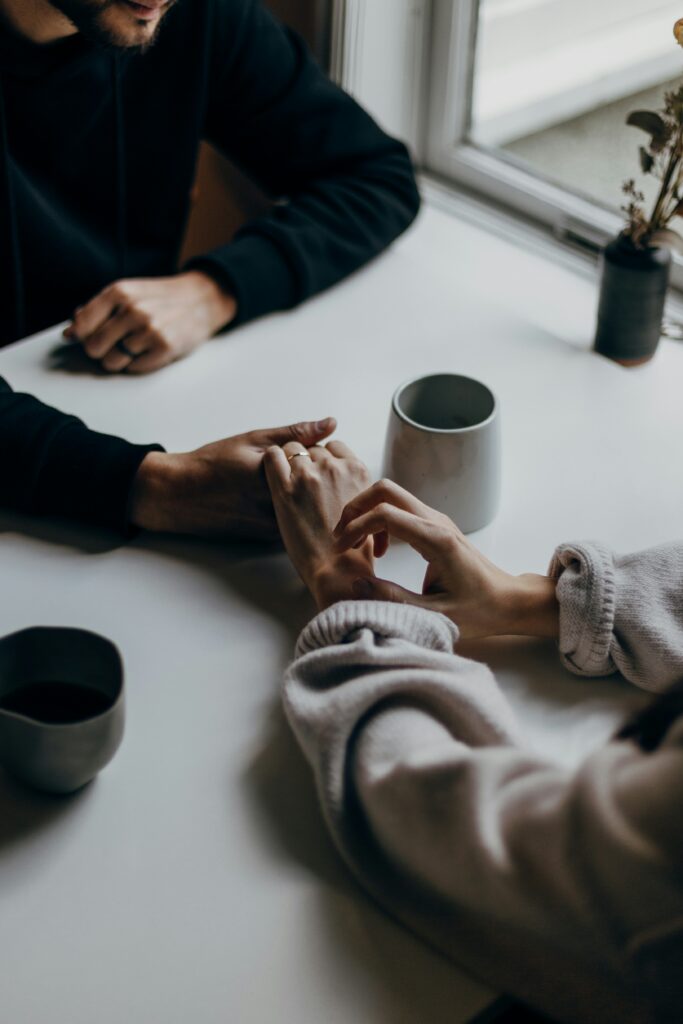Ensight’s dedicated, professional staff of low-vision specialists have over 24 years of experience successfully working with thousands of individuals who are struggling with vision loss.
One of our founders, Denny Moyer, has low vision due to Stargardt’s disease, and she began Ensight offering occupational therapy services herself. Today, our established team of low-vision optometrists, occupational therapists, orientation and mobility instructors, and support and administrative staff are dedicated to helping you in your journey of loss and discovery.
Ensight’s team provides a comprehensive program of vision rehabilitation to address your needs.
The full range of visual rehabilitation services includes assessments, recommendations for optical and assistive devices, and training. In addition, we provide support and education as well as low vision assistive devices. Read more below, and please call us if you have questions or concerns related to vision loss. We are here to help!
Low Vision Assessments and Training


Ensight’s comprehensive vision rehabilitation program starts with a low vision assessment. The optometrist and occupational therapist work together to assess the remaining vision and ways you can use it for everyday tasks. The optometrist determines how your visual field functions and how the environment impacts your ability to see. The optometrist will assess whether optical devices may help to achieve visual goals.
The occupational therapist (OT) will discuss with you your goals, needs, lifestyle, and health concerns, as well as your desire to perform tasks and activities. Together, the doctor and OT will recommend all the best tools and approaches to safely and reasonably do the things you need to do in daily life, such as reading, cooking, using the computer, managing hygiene, walking, and many others.
Sometimes, the Occupational Therapist will come to your home to deliver, set up, and adjust equipment and train you to use it optimally. He or she will visit multiple times to provide further training if needed.
Orientation and Mobility Training

Ensight’s comprehensive rehabilitation program would not be complete without addressing mobility and safety. Our staff includes certified Orientation and Mobility Specialists, who teach individuals how to use the white cane for travel. They work with you on walking, accessing and using transportation, and travel safety.
Assistive Technology

Our Occupational Therapy staff can help you set up the accessibility features on your Smartphones and electronic tablets. These features can enhance your ability to read the screen and magnify something you want to read. This works with items such as a menu, mail, or recipe. The OT staff can also teach you how to use accessibility features on your computer.
Support and Education

Our staff understands that coping with vision loss is difficult. Support is crucial in adapting physically, emotionally, and socially. Our occupational therapists will discuss various aspects of adapting. Such adaptions include communicating with family members, finding support and resources, and advocating for oneself.
Ensight and Curtis Strong Center offer support groups virtually, 3x a month. A mentoring program is also available.
For more information,
call 970-407-9999.
Stories and Support: Our Blog and Social Media
Our newsletter and blog cover the stories of our clients and others who have experienced vision loss as well as information about assistive technology, eye disease research, and many other low-vision topics.
To stay connected and up-to-date with the latest opportunities and success stories, we encourage you to follow Ensight on all of our social media platforms. Sign up for our Newsletter, and connect with us on Facebook, LinkedIn, and Instagram to gain access to valuable resources, inspiring stories, and updates on all of our upcoming events.
Watch our website for updated information on these topics as well as announcements about our services and educational or social opportunities.